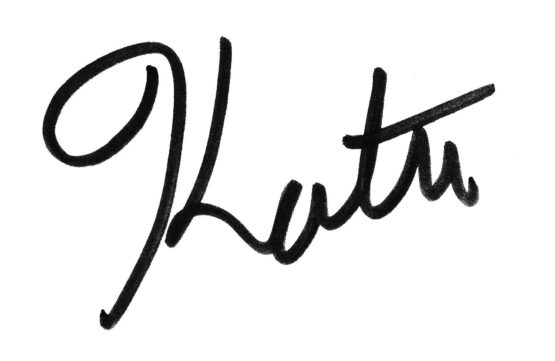
It’s 4 p.m. on a Thursday and the client won’t make a decision.
We’re two weeks out from an event and the deadline to order awards is about to pass. I’ve been trying to get an answer for weeks.
“I need your decision by noon tomorrow so I can place the order,” I say.
“Oh, I can’t get to that until the weekend,” the client says.
“I don’t work weekends. We’ve been trying to make a decision for weeks. I need an answer by noon on Friday.”
*****
“We can have a phone call on Saturday or Sunday if you want,” one of my colleagues says.
“I don’t work weekends,” I say.
*****
Notice a theme here?
I don’t work weekends.
When I first drew that line, it was really hard for me to enforce. I felt like every time I said it, it took a lot of energy.
It took a lot of fighting the urge to say “I’m sorry” in front of “I don’t work weekends.”
And there is no need to apologize. We’re all allowed to draw our own boundaries around our work.
We’re allowed to grow and change.
If our boundaries, our policies, aren’t a good fit for someone, they can hire a different contractor.
But for a full year after I stopped working weekends, I had to repeat to all of my clients, “I will need to give you everything you need by end of day Friday. I don’t work weekends.” It’s like maybe people heard, but they didn’t process.
Every time I died a little inside but I stuck to my guns.
Why the angst?
It is so hard to change.
The policy, “I don’t work weekends,” was a change for my clients and me. I used to work all of the time. I was always available.
Circumstances made it such that the easiest way for me to have real time off was to declare the weekends (when most other people take time off) off limits.
To make the change I had to come to three conclusions:
1) People who wanted me and not someone else would work with me and my schedule.
2) If they didn’t want to change, I was OK with that and I’d package the files and they could get someone else.
3) I would do whatever it took to preserve my weekends, including saying, “no.”
That’s all a lot harder to do than it looks.
The more you do it, the easier it becomes.
“It” in this case can be almost anything.
I recently changed my pricing structure and set my minimum initial job at $500.
The first, I dunno, TWENTY times I said that, I died a little inside. “What if they don’t want me?” “What if that is too much?”
I had spent a lot of time thinking about that minimum, though, and I knew it was the least amount of time/money that I could take to start a new project and give quality service.
Last week I emailed my pricing guru and said that “$500 minimum was rolling off my tongue like &*^%$#@$%^&$” (an impolite term I also like to use).
The more I said it, the easier it became.
What change do you need to make?
At any given time, each of us is procrastinating making a change or enforcing a boundary because we know it will be difficult. We also know if we just did it, we’d be better off.
My take home this week is: what is one change you know you need to make to get where you want to be?
(There are probably many. Pick one.)
Now, write it down. Say it out loud. Practice answering the questions that people will ask in regards to that change. Practice out loud.
Go forth and conquer!
Bookmarks of the Week
I read this book last weekend and I loved it.
Amazing styled stock images (she has a great freebie).
Instagram scheduling app. (It’s not free but my kick-ass Instagram contractor swears by it.) If you’re a power Instagram user it might be a worthy business expense for you.
Next week on Wednesday at 1pm EST, I’m doing a Facebook Live about Email Marketing with Monica Hemingway in her Facebook Group Green Industry Marketing. Go join and mark your calendar!
Also: book update from last week – I FINISHED IT! And then I took six naps.
If you’re making a change, I’d love it if you’d reply and tell me what it is so I can support you in the change, even from afar!




